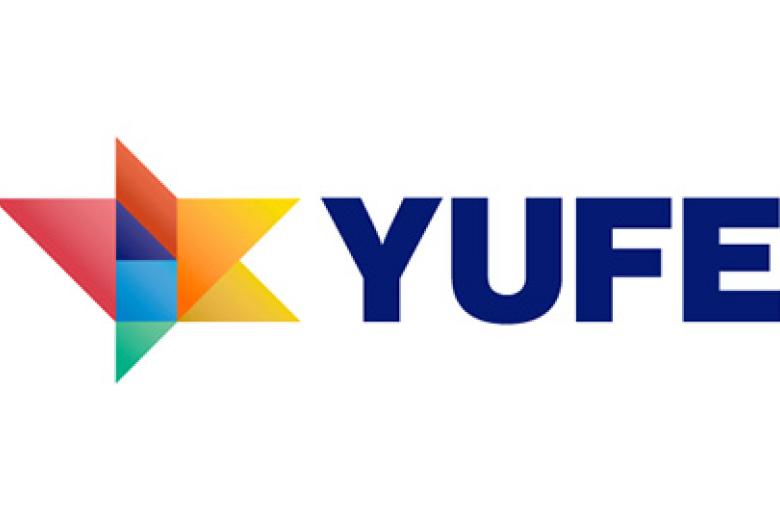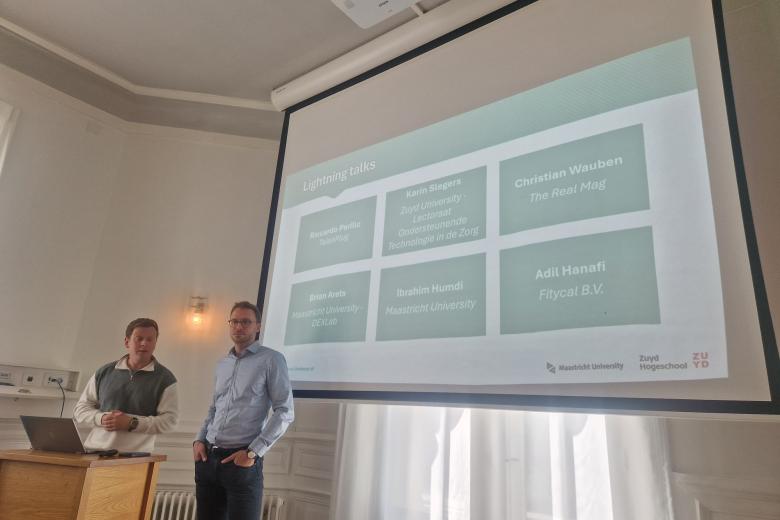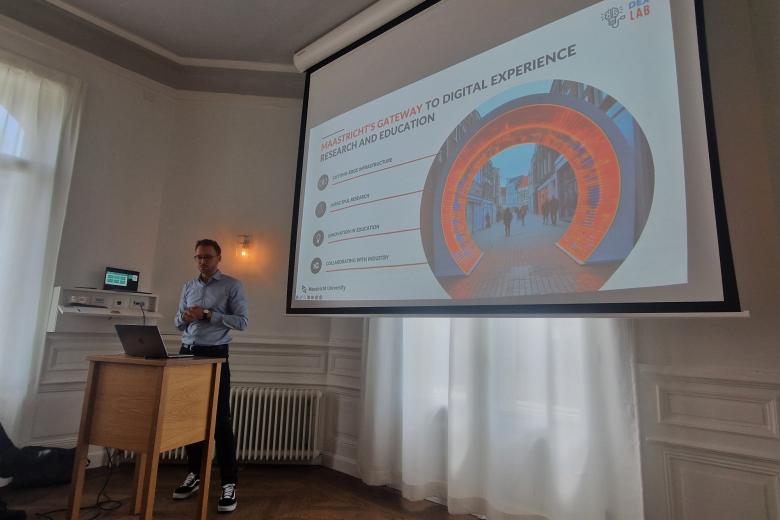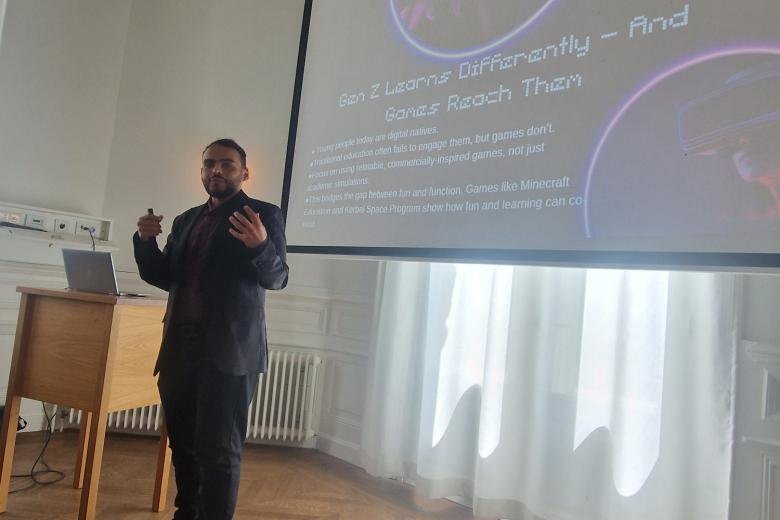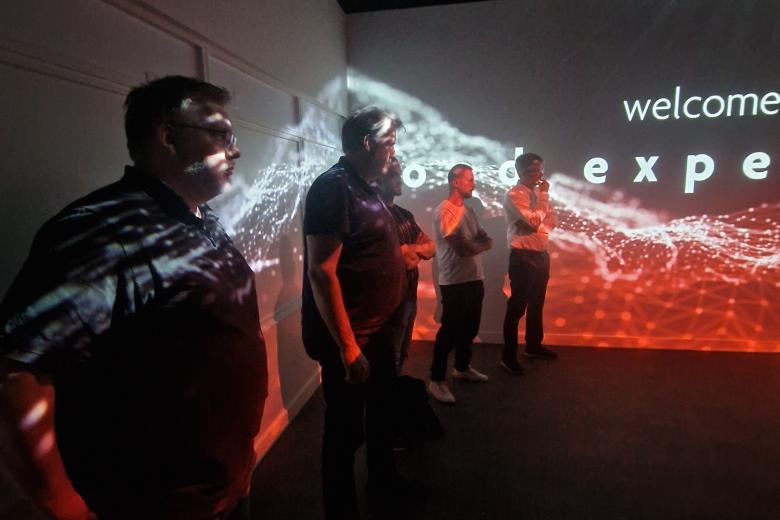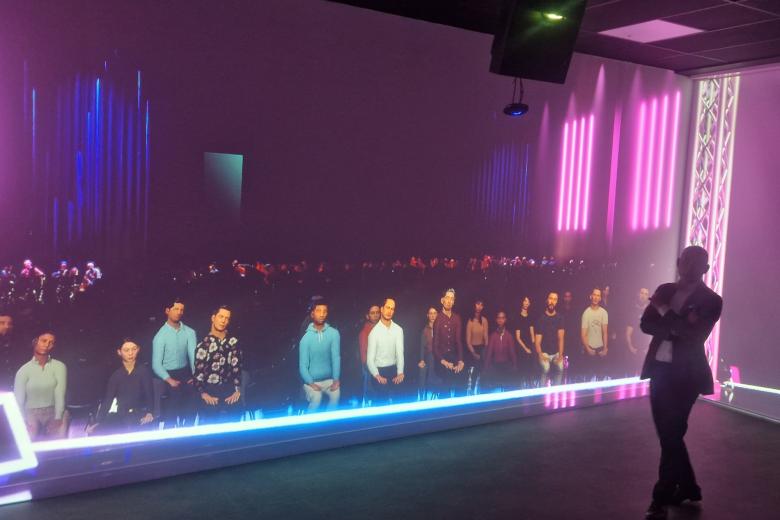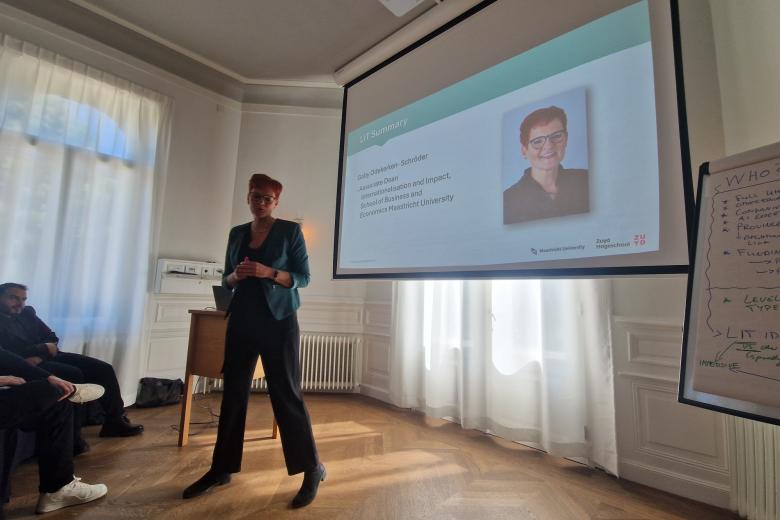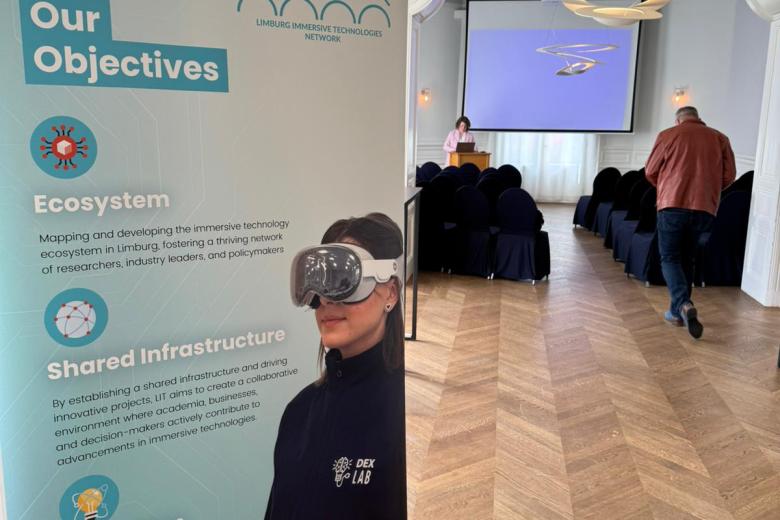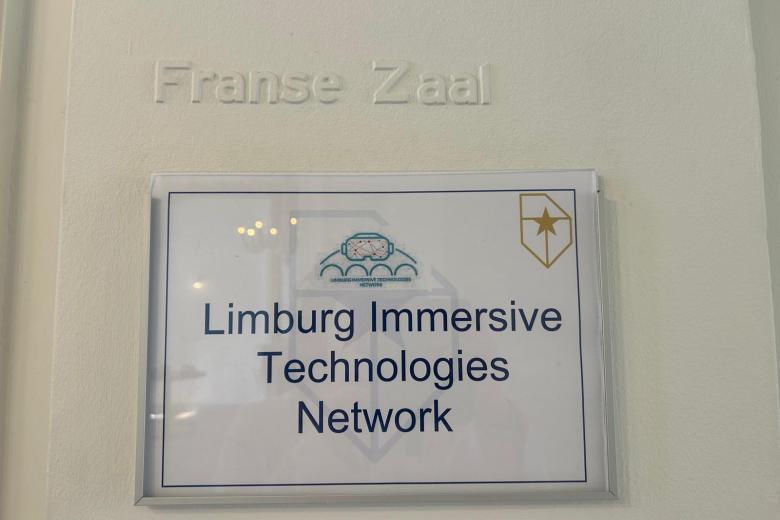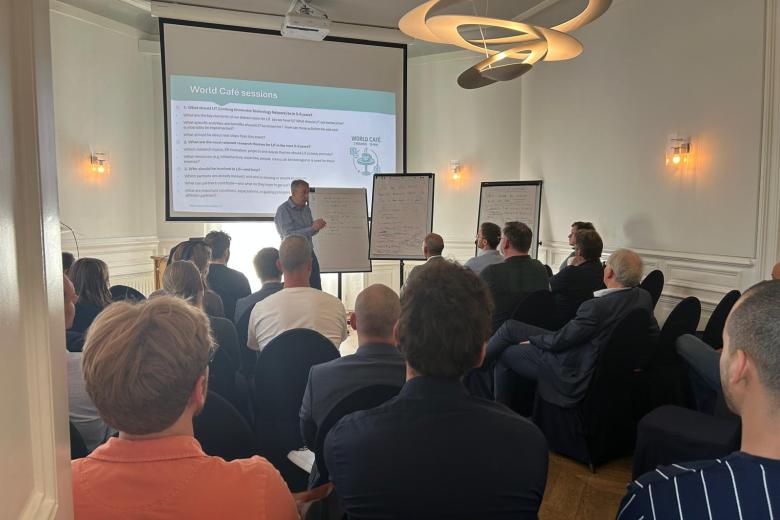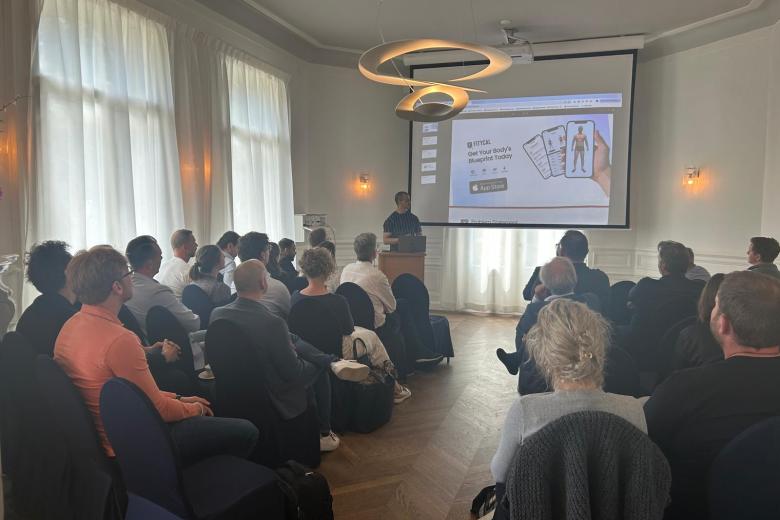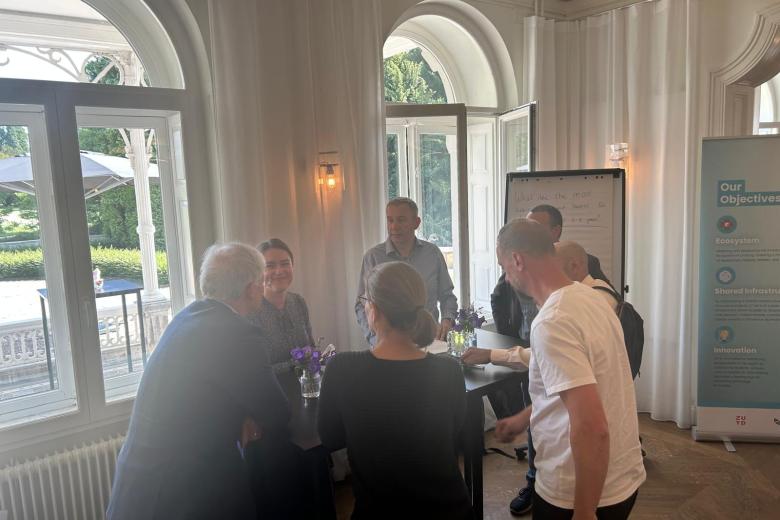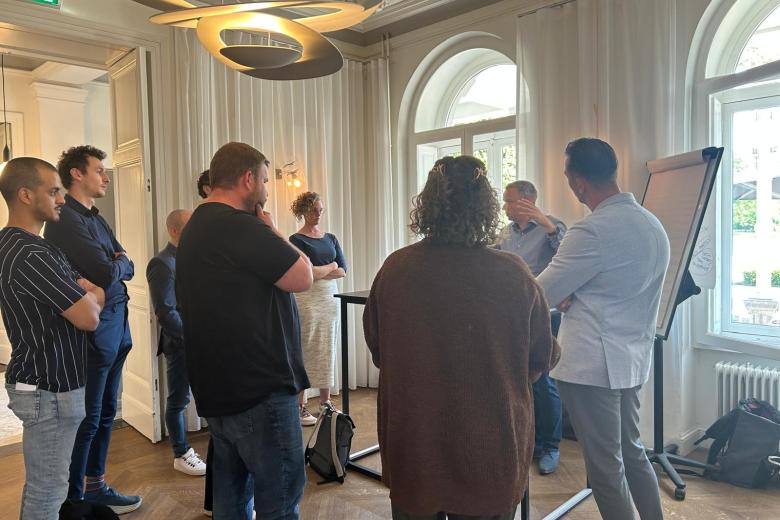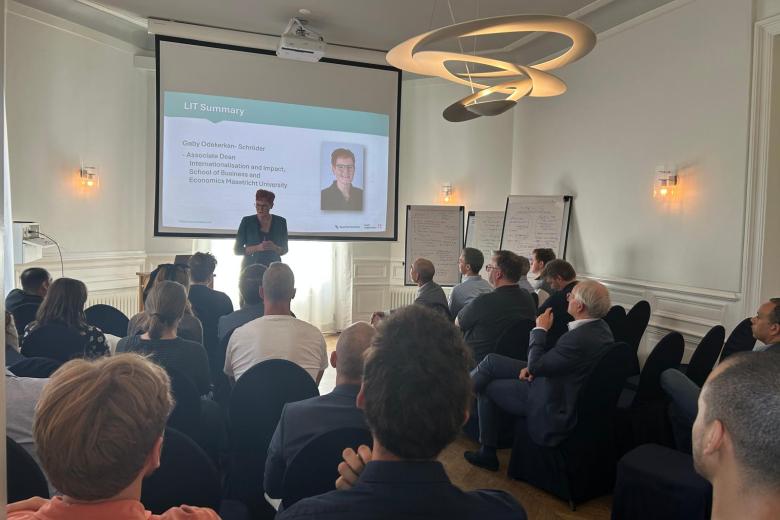Limburg Immersive Technologies (LIT) network officially launched, connecting academia, industry, and society to shape the future of XR in the Euregion
Maastricht University and Zuyd University of Applied Sciences officially unveiled the Limburg Immersive Technologies (LIT) Network on 6 May 2025 at the Teaching Hotel Château Bethlehem in Maastricht. The launch gathered researchers, educators, innovators, industry leaders, students, and policymakers to celebrate the creation of a regional hub dedicated to advancing immersive technologies across the Euregion.
“The LIT Network brings together the brightest minds in Limburg to explore how immersive technologies, such as Augmented and Virtual Reality, can solve real‑world challenges in education, healthcare, and industry,” said Dominik Mahr, Professor for Digital Innovation at Maastricht University. “By combining our strengths, we aim to create future‑proof jobs and position our region as a European frontrunner in human‑centric XR.”
The LIT Network is a strategic partnership between Maastricht University and Zuyd University of Applied Sciences, designed to accelerate research, education, and innovation in Extended Reality (XR), Virtual Reality (VR), and Augmented Reality (AR). Building on existing activities in the region, LIT integrates and amplifies these efforts into a platform for growth.
With a strong emphasis on interdisciplinary collaboration, the initiative aims to transform how we work, learn, and solve societal challenges using immersive technology. By leveraging these technologies—enhanced by AI—to develop people and their skills, LIT helps prepare future-proof jobs across both the public and private sectors.
A shared vision for impact
The launch event featured keynote speeches, practice use cases, and co-creation sessions, highlighting LIT’s mission to foster collaboration between academia and industry while addressing pressing needs in education, healthcare, industry and society at large. Interactive session facilitated by the Zuyd’s Food Experience Lab and UM’s DEXLab allowed participants to immerse and try out XR Technologies.
LIT offers unique benefits across sectors:
- For academia, it enables cross-disciplinary research and impact-driven applications of immersive technologies.
- For industry, LIT provides a testbed for immersive tech innovation for large and small companies, access to top talent, and a gateway to collaborative R&D.
- For students, the network bridges theory and practice through internships, real-world projects, and hands-on learning opportunities.
- For policymakers, LIT supports regional development by mapping the ecosystem and guiding evidence-based innovation policy.
Positioning Limburg as a digital leader in XR
LIT is a key driver of Limburg’s digital transformation through XR and aligns with broader EU goals for inclusive, sustainable technological development. The network strengthens the region’s innovation capacity and reinforces its position as a frontrunner in human-centric immersive technologies.
Next steps
As the International XR-Metaverse Conference 2025 approaches, centered on "Bridging between realities: transformative, inclusive, and sustainable XR," LIT is proud to support this key platform uniting industry and academia. www.xrm2025.com
Building on a successful launch, LIT is expanding its network, launching projects, initiating shared funding and welcoming new collaborators from education, business, and government. Organizations interested in joining or learning more are encouraged to reach out and get involved in shaping the future of immersive technology.
Website www.litnetwork.nl
Also read
-
New video series: Education research in collaboration
EDLAB has released a new three-part video series, Education research in collaboration, highlighting how researchers and teaching staff work together to strengthen education through evidence-based innovation.
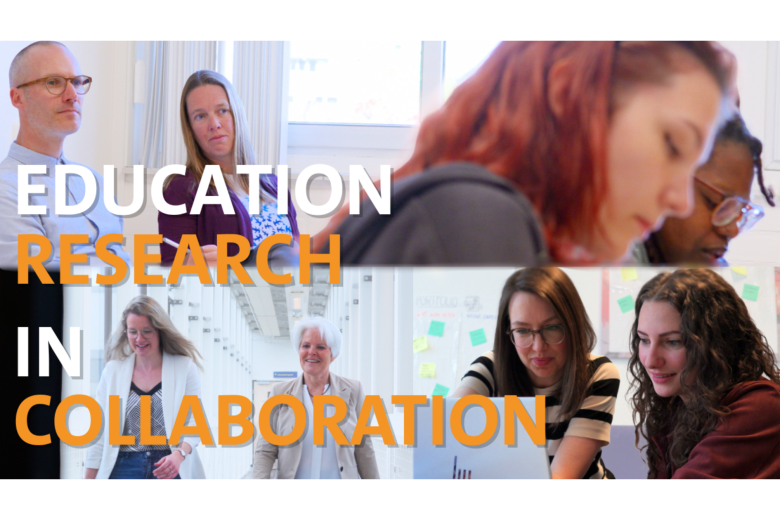
-
Intelligence Augmentation: a technological revolution and paradoxical blessing
Is AI really intelligent, or simply a tool that helps us think differently? If facts are instantly available, do universities need to rethink what skills matter most for tomorrow’s society? Prof. Hans Savelberg argues that the idea of Intelligence Augmentation, a term that takes AI off "its divine...
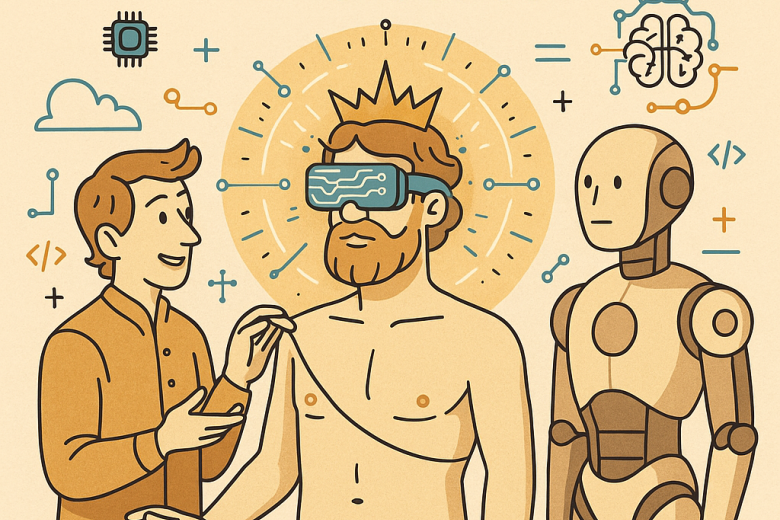
-
YUFE Academy Autumn 2025
Join the next YUFE Academy: a series of open lectures led by top professors and experts from our partner universities. Get your knowledge from a reliable source and feed your curiosity.
